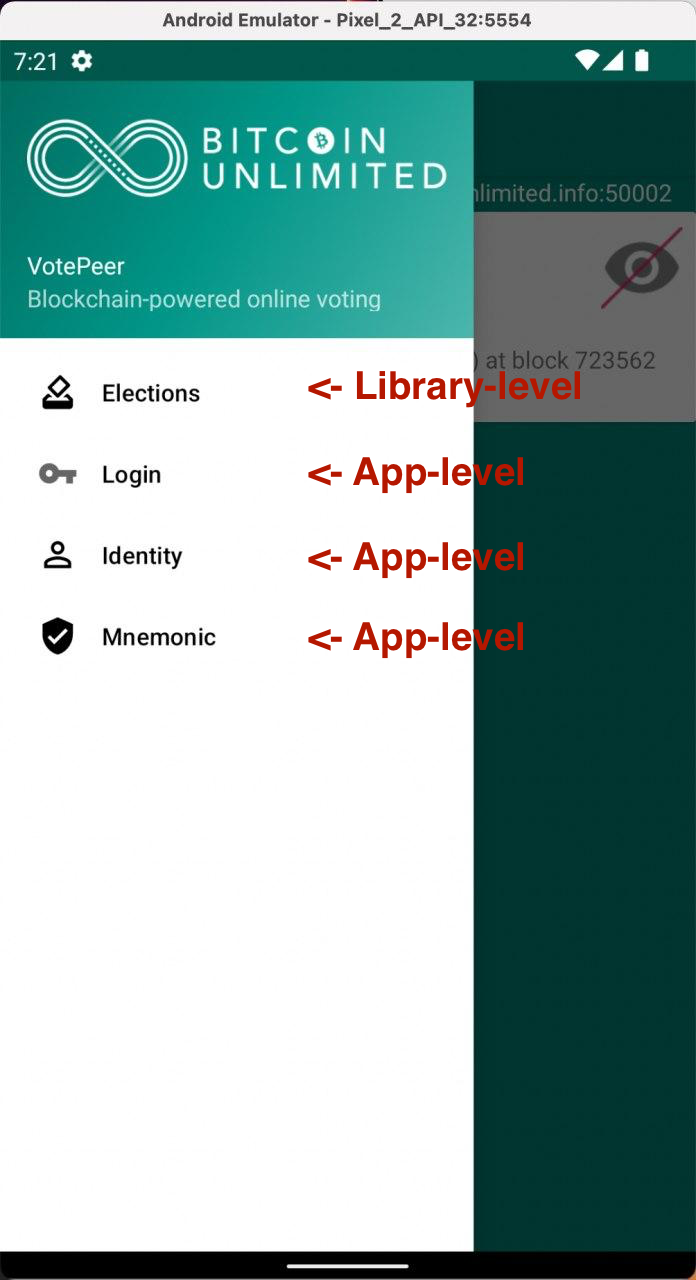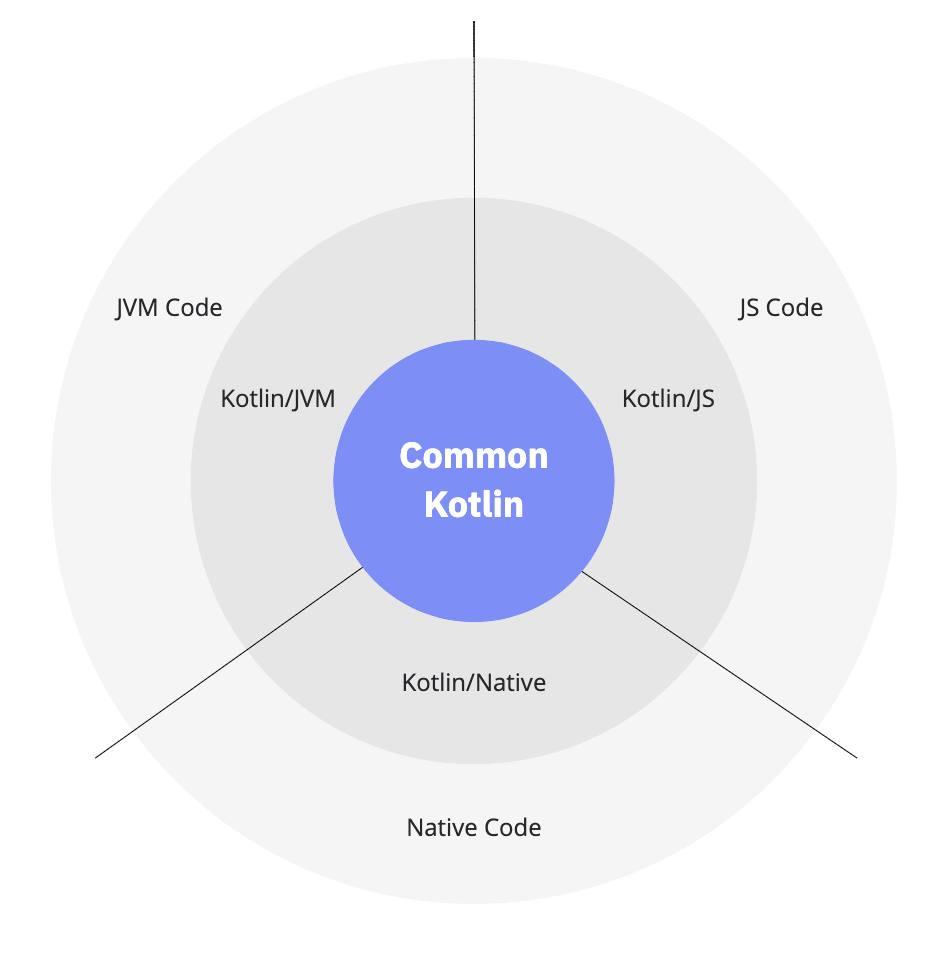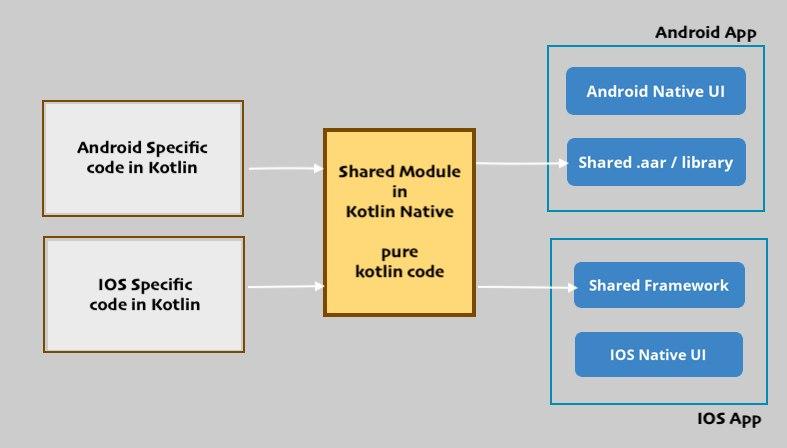BUIP181: BU Mobile Wallet Project
Submitted on 5th January 2022 by Singularity
Motivation
With BU creating its own new cryptocurrency I think it is extremely important that there is at least one easy-to-use mobile wallet for users of that network. Currently there exists Andrew Stones Walley Wallet which has advanced functionality but this could benefit from some work to make it more user friendly and modern.
Objectives
Research → Design → Implement → Document
Primary Objective
The primary objective of this project should be to produce a mobile wallet that:
- Is secure.
- works on both Android & iOS.
- Has an easy-to-use UI of equivalent quality of the bitcoin.com wallet or better.
- Have minimum viable features (a future BUIP can be used to expand the features further).
- Makes use of the software libraries developed by Bitcoin Unlimited.
- Connects to both BCH and NEXA blockchains.
- Is open-source.
Secondary Objective
The secondary objective of this project should be to create the wallet in such a way that it acts as an example project for others wanting to create a wallet using Bitcoin Unlimited’s software. The project should produce a set of well documented software libraries that developers can use to make their own financial tools such as a wallet for BCH or NEXA.
Funding
Budget of $100,000 over a twelve-month period commencing from the date of vote. This funding will go towards hiring a small team to research, design, implement and document the wallet and associated libraries.
The elected BU officials: President, Secretary and Developer will jointly agree expenditures for this BUIP and will monitor progress through monthly reviews.
Expected Impact
This project will provide the BCH and NEXA ecosystems with a high quality secure wallet to store their assets. The project will also provide the libraries and documentation to support developers in creating their own financial tools for BCH and NEXA therefore helping to accelerate development of the ecosystem.


